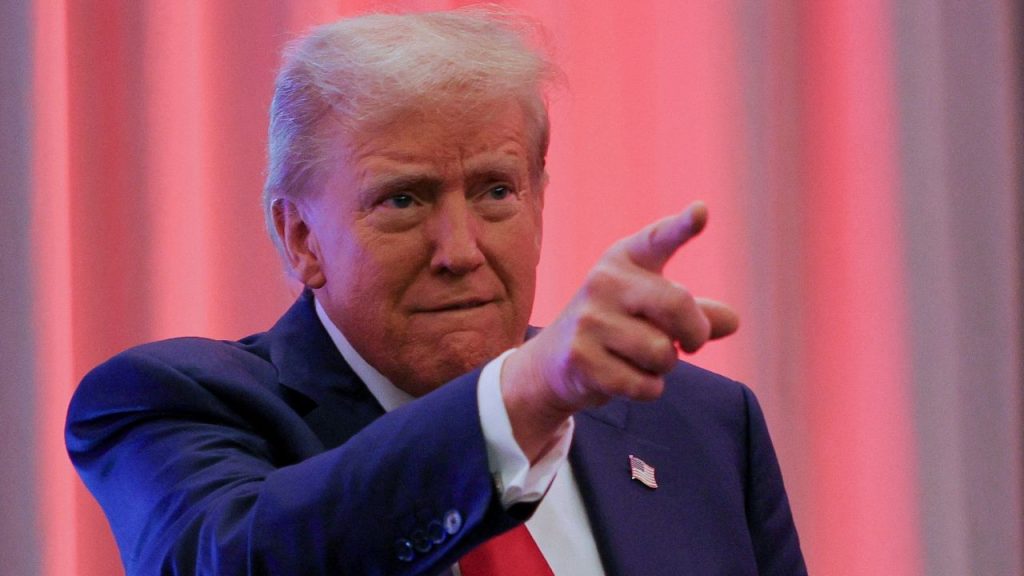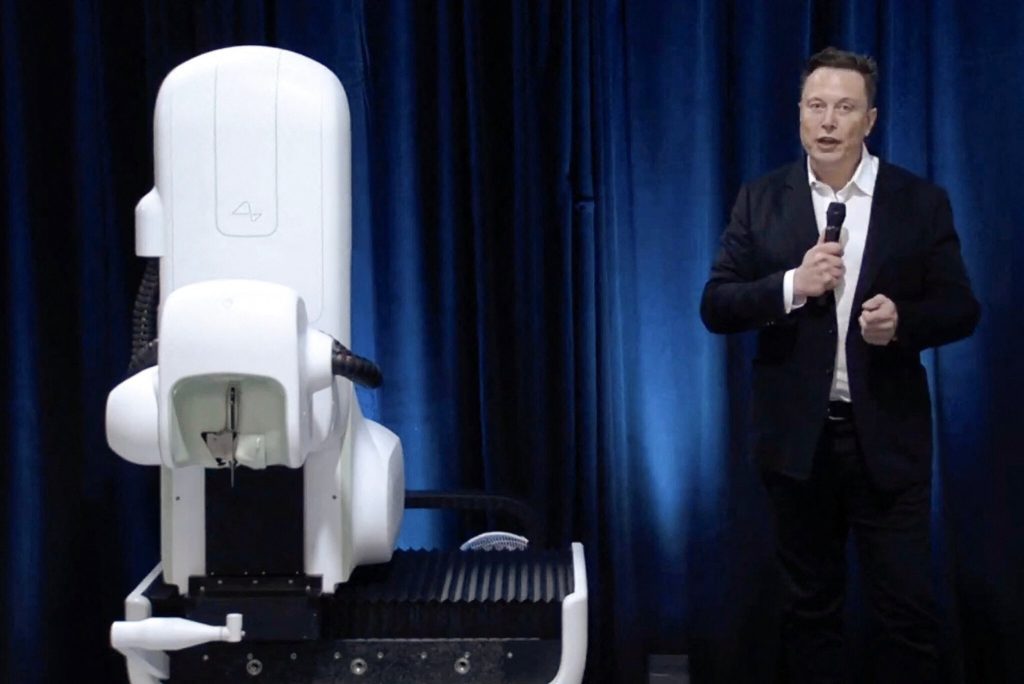The U.S. Securities and Exchange Commission (SEC) confirmed on Thursday that proof-of-work mining does not violate securities law. This applies to Bitcoin and other blockchain networks that rely on this method.
Mining Operations and Securities Law
The SEC clarified that mining operations are not subject to securities registration. These operations do not involve the offer or sale of securities, the regulator explained.
Controversy Over Securing Crypto Networks
Securing crypto networks has been a point of controversy. Under the previous SEC administration, the agency ruled that proof-of-stake blockchains could meet the Howey test. This test determines if an asset qualifies as a security.
Proof-of-Work vs. Proof-of-Stake
Unlike proof-of-stake blockchains, where holders earn passive returns, proof-of-work blockchains need miners to solve complex problems. Bitcoin, Dogecoin, and Litecoin are all proof-of-work-based cryptocurrencies.
How Proof-of-Work Mining Functions
Miners use their computational power to validate transactions and process blocks. For Bitcoin, these operations are typically large-scale and industrial. Dogecoin, however, is easier to mine than Bitcoin.
SEC’s Jurisdiction and Miners’ Rewards
The SEC clarified that miners do not qualify as dealing with securities. Their rewards are not based on others’ efforts to make a profit. Instead, miners secure networks and validate transactions.
Bitcoin and Dogecoin’s Status
While the SEC did not mention specific coins, Bitcoin and Dogecoin are among the largest proof-of-work cryptocurrencies. Ethereum, which used to run on proof-of-work, transitioned to proof-of-stake in 2022.
SEC Leadership Changes and Policy Shifts
The SEC, under Gary Gensler, fined several U.S. crypto companies for staking services. However, under the leadership of pro-crypto President Donald Trump, the SEC has focused on making rules clearer. The agency has dropped some investigations and lawsuits that affected the industry.












